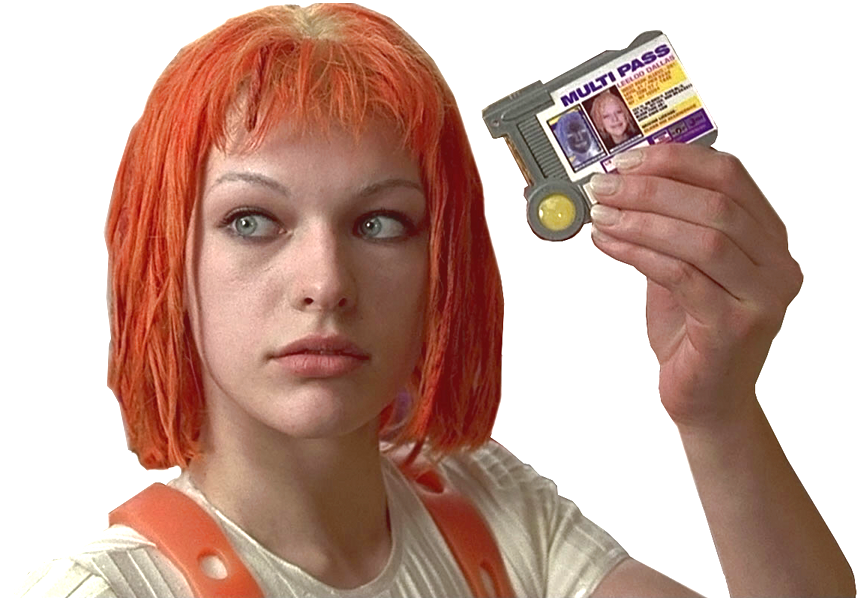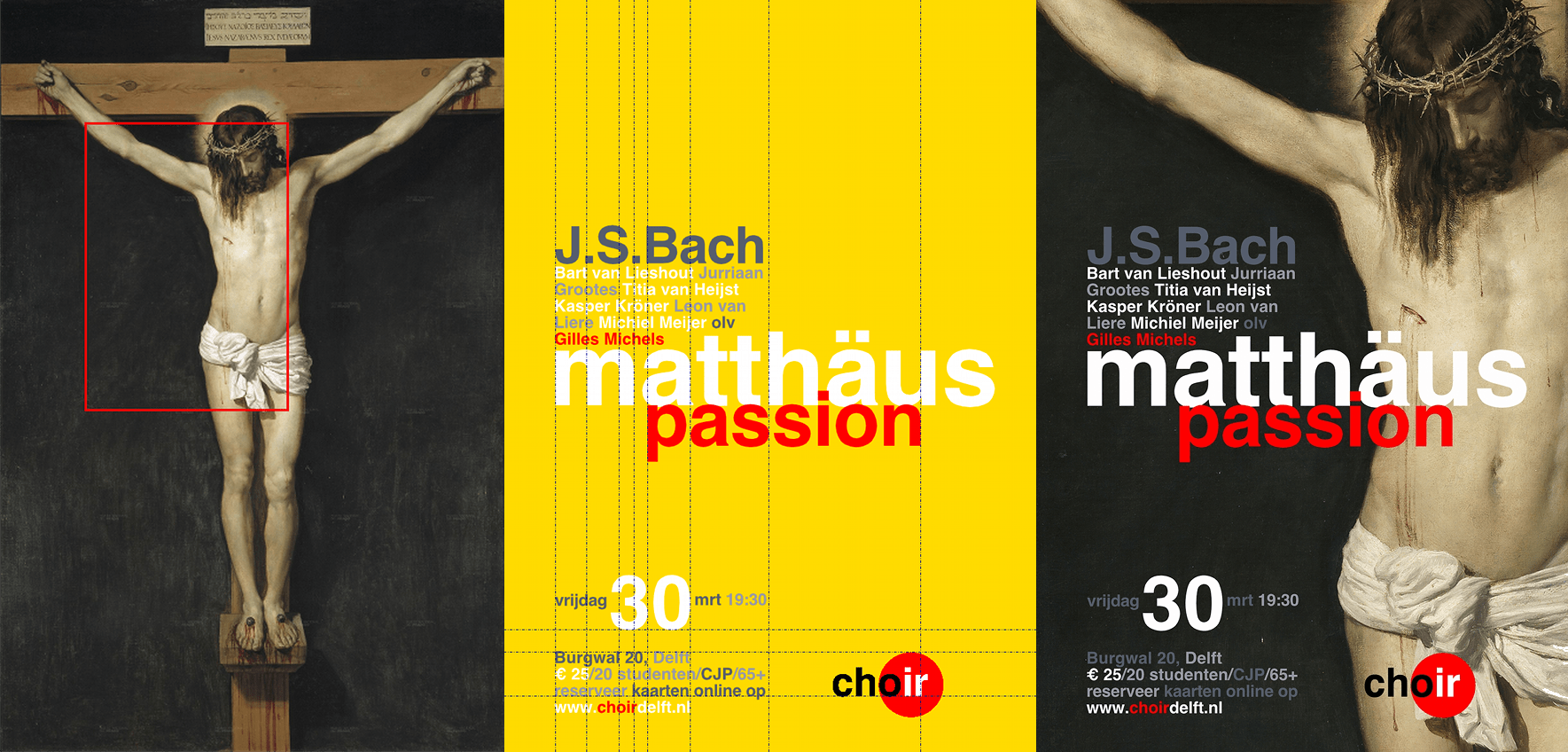Science fiction movies are filled with future products that would ease our life substantially. Most of those products require technology that does not yet exist, but some of the products and services could be implemented right away. One of the most inspiring collections of futuristic features and products is the movie “The Fifth Element” (1997). This movie contains many ideas, ranging from the proportion of the filter on the cigarettes, the stunning straps costume Leeloo wears, to the fascinating apartment were the fridge shares its space with the shower. None of these ideas require Star Trek technology to be implemented. And that is also the case with the single most intriguing product of this movie, only briefly flashed around and mentioned at the airport scene: the multipass.
One card to rule them all
I carry around half a centimeter of plastic in my wallet every day and I leave out everything but the bare essentials. By hearing the term “multipass” I couldn’t help thinking: “I want one too”. One card for everything! No more searching for supermarket discount cards somewhere crammed behind a sticky library card, no more stacks in drawers of cards you hardly ever use, like membership cards or client cards from shops you only go once or twice a year. No I really want this multipass and I don’t understand why it’s not on the market yet. The concept seems simple enough!
You have a single card – the multipass – and this card is unique to you as a person. When you become a member of some sort of organization, instead of them issuing you a card to prove your membership, they will add their service to your multipass. So your unique multipass can be associated with an endless array of services, memberships or other relationships that usually materialize in a card of some sort. To enable this, each multipass must have a unique code that is linked to you as a person. In most countries a unique code or number issued for each citizen is standard procedure in the form of a social security number that is used by the state to identify you. What would be easier than print this number on a card and allow each organization to scan this number via barcode, chip or hand from your card and see what services they have attached to this unique client number in their administration. No need for a centralized database where all accounts of all services and businesses using the multipass would have to enlist their data, with all the security risks involved in centralizing information of that sort. Just one number that becomes your client-number for any business, store or organization. Your customer card is nothing more than an issued number with your name attached to it.
Good for business
When all businesses are allowed to keep their own records connected to your multipass – or basically your unique social security code – that means that the investment is minimal for them. If a business wants to materialize the relationship with a customers in some way, instead of designing and producing a membership card for the customer (and do the identity checks and all the hassle that comes with it), they can just scan the barcode on the multipass and the customer will be enlisted to the client database system instantly. Of course, the business only knows the identification number of the customer now, not the name, address, billing information etc. They will still have to ask you for that, but you could allow an organization to see a part of your information attached to the multipass. This could work similar to subscribing to a website using your facebook or twitter account. The principle is simple: you provide your personal data once to an organization you trust (in this case to those issuing the multipass), and when another business using the multipass would like to know where you live, you can allow them to see the address information you provided to multipass. If you move, you only have to update the data on the multipass account and all attached services and businesses will have updated information. And if a business doesn’t need any information from the customer, the multipass can be used to confirm you’re dealing with a legitimate customer, making anonymous membership easy and comfortable for both parties.

As with any card, there is of course the issue of credibility and security. With all sorts of services and businesses using the card, it must be very secure. Or does it? It just represents your number, the rest of the data is in the system of the company you are dealing with at that moment. Data other companies have attached to your multipass, is in their systems, just as secure or insecure as when you would be using their card instead of the multipass. There is no data on the multipass. So the multipass is nothing more than an ID card in principle. It would therefore be best if it was issued by the state, just as a driving license or a passport. The only security issue would be – as with all documents of this sort – fake ones, that allow you to subscribe or maybe even use credit with someone else’s social security number. For that reason, the multipass should be taken seriously as a product that will be just as difficult to reproduce as our other government issued documents.
Zero investment
But this is were it get’s really easy: those cards are already designed and manufactured on a daily basis. We could just take the existing identity card and driving license (both credit card size in the Netherlands), both state the social security number, name and a photo for identification. Both are government issued and are equipped with the newest technology to prevent falsification, already paid for by the tax payers. And they can be picked up at any city hall. All we have to do is call them “multipass” from now on and demand of our supermarkets, airlines, libraries, universities and other businesses and institutions who want to add another card to our wallet to save the money and the card and just put the account on our multipass.
